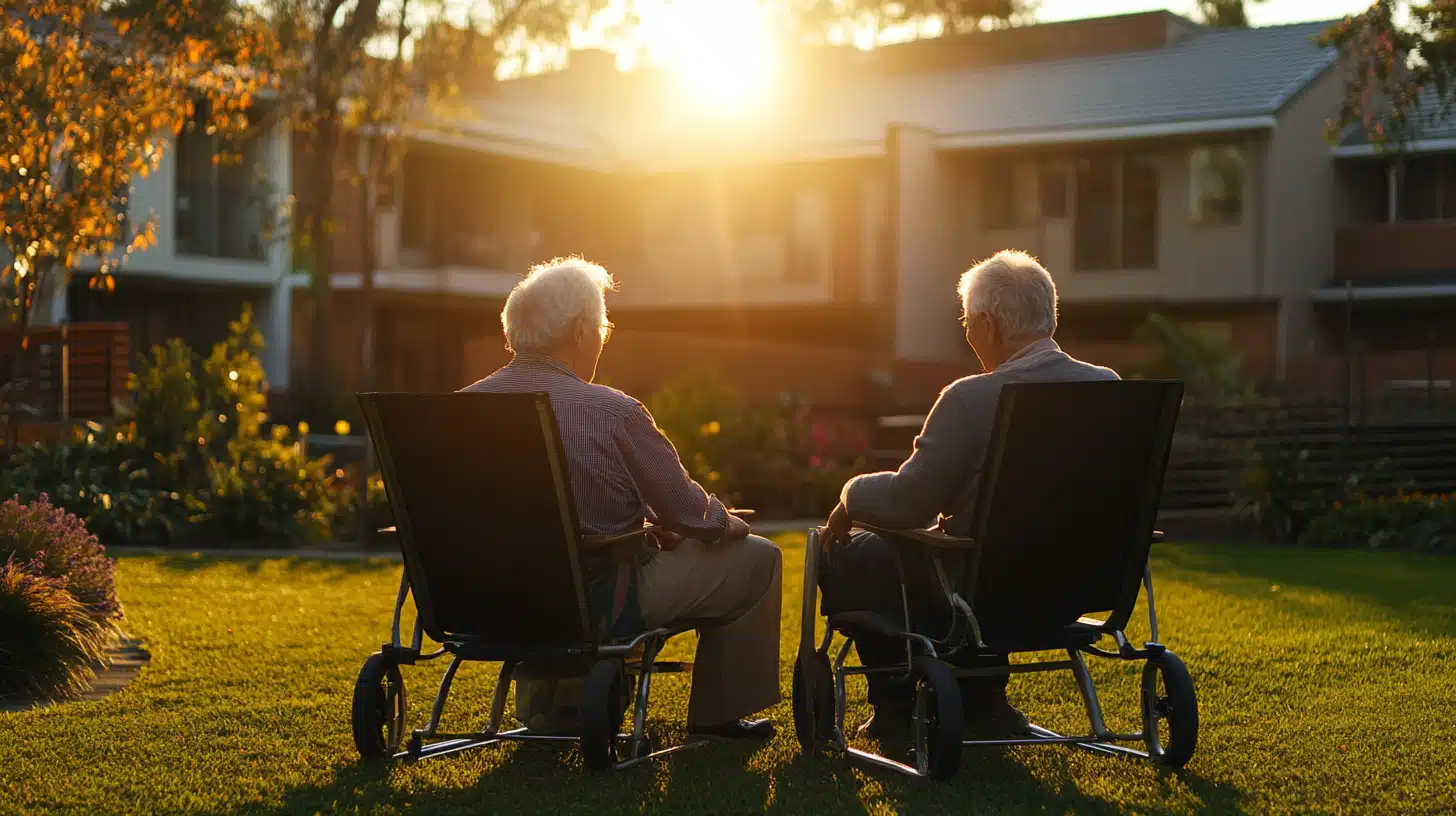
Retirement isn’t like it used to be. Nowadays, it’s not a time to relax and slow down. On the other hand, many seniors welcome it as a chance to follow interests, engage in new activities, and lead a more contented life. Moving to a retirement village is one choice that has been somewhat well-liked over the years.
These communities are meant to empower senior citizens so they may live freely and remain active and socialized without depending on others. But how do retirement villages help people live busy, independent lives? Read this article to learn about the benefits they provide and why many people now choose them.
A Community Built for Independence
Retirement Villages are planned with independence in mind. Unlike conventional care facilities, these communities offer homes or flats specifically for seniors who can generally take care of themselves but choose to lead a maintenance-free lifestyle.
Most of the time, residents have their own private places with kitchens, living rooms, and sometimes gardens or balconies. Their everyday activities can be carried out with their autonomy allowing them to enjoy the privacy they are used to.
Retirement homes differ in that they eliminate many of the daily responsibilities. Usually handled by the management, lawn mowing, plumbing problems, or house repairs are not cause for concern. Residents now have more time and energy to do the things they enjoy, like visiting, spending time with family, or starting up a hobby they’ve put off for a long time.
Staying Physically Active Made Easy

Maintaining independence as you age depends on physical activity, and retirement homes make it rather easily available. Usually containing gyms, walking paths, swimming pools, and group exercise sessions including yoga, aerobics, and Tai Chi, most communities have a range of fitness options.
The beauty of these events is that they are catered to seniors. Low-impact exercises that improve strength, flexibility, and balance are a big part of group classes. However, beginners should prefer light weight robes and orthopedic mats for the sessions. Vivante Living has expert trainers and the latest accommodation for the most curated sessions. Learn more here.
These are all important for keeping mobile and avoiding injuries. Walking clubs or gardening groups provide a great method for people who want a more relaxed pace to be active while socializing.
Many retirement communities also collaborate with medical experts who offer wellness initiatives and personal training courses to guarantee members have access to help toward their desired level of fitness.
Opportunities for Lifelong Learning and Growth
Who claims that as you age learning stops? Through a variety of educational programs, retirement communities inspire members to maintain their keen and active brains. Seniors can keep learning new skills and pursuing their hobbies in everything from art classes to reading clubs to lectures and technology seminars.
These pursuits not only help one grow personally but also fight cognitive aging. Maintaining mental activity has been linked in studies to lower the risk of Alzheimer’s and other types of dementia. Retirement homes understand this and design a setting where daily life includes lifetime learning.
A Social Life at Your Doorstep
The mental and emotional state of an older adult can be much affected by loneliness and isolation. Built to promote social ties, retirement homes guarantee that their occupants never feel alone unless they so want. There’s always something to look forward to from planned events including holiday festivities, movie evenings, community barbecues, and group trips.
Many towns include common areas including lounges, cafés, or libraries where locals may meet and chat over a cup of coffee for individuals who enjoy smaller gatherings. These areas foster community and a feeling of belonging.
Friendships developed in these communities sometimes prove to be quite important for support and company. Having neighbors who go through similar life events can create close relationships that enhance the general quality of life.
Access to Support When You Need It

Living in a retirement village has one of the main advantages in terms of peace of mind. Although these areas give access to support services for people who might require occasional help, they also give independence top priority. Help is offered as needed for housekeeping, meal preparation, travel to appointments, or otherwise.
For wellness visits or urgent treatment, several retirement communities have on-site medical staff or doctors. Knowing they are never far from aid, this degree of support guarantees residents may keep living independently for longer.
Enhancing Quality of Life with Purpose
Many times, living in a retirement community provides elderly people with fresh direction. Staying active, social, and involved helps residents to have happy lives that fit their interests and ambitions.
Volunteering and mentorship programs are sometimes funded by retirement homes, allowing residents to pass on their knowledge and skills to younger residents. This not only makes the town better but also makes residents proud of themselves.
Independence with the Best of Both Worlds
Retirement communities provide a special fusion of community, support, and autonomy. They give seniors access to events that keep them active, involved, and socially connected, therefore enabling them to live on their terms.
From fitness programs and lifetime learning to hassle-free living and necessary support services, these communities are meant to enable older persons to flourish throughout their golden years.
For individuals thinking about moving to a retirement village, this choice is about increasing rather than sacrificing independence. Choosing a retirement village allows seniors to keep living life to the best surrounded by a community that supports them to be healthy, content, and independent for years to come.

